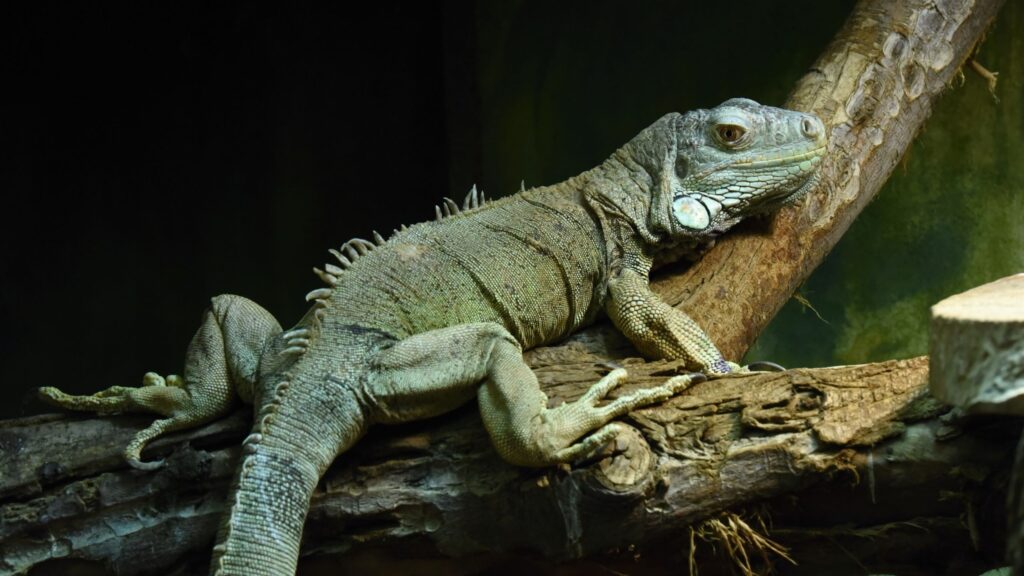Introduction
Florida’s warm climate makes it an ideal habitat for iguanas, but when temperatures drop, these cold-blooded reptiles can find themselves in a precarious situation. If you ever have been to Florida during the “colder” months, you should be familiar with why iguanas fall from trees, the impact of cold weather on these reptiles, and what you should do if you encounter a fallen iguana. But if not, that’s what we’re here for. Hopefully, by understanding this can help you better prepare and take the necessary precautions.
Why Do Iguanas Fall From Trees?
Iguanas are cold-blooded creatures, which means they rely on external heat sources to regulate their body temperature. When temperatures drop below a certain threshold, typically around 50 degrees Fahrenheit, iguanas become lethargic and can lose their grip on tree branches. This leads to the unusual sight of falling iguanas in Florida. The iguanas enter a state of torpor, a temporary hibernation-like condition, to conserve energy.
Impact of Cold Weather on Iguanas
Cold weather has a significant impact on iguanas. When temperatures fall, their metabolic processes slow down, making it difficult for them to move. This is why you might see falling iguanas in Florida during a cold snap. Although this state is not usually fatal, prolonged exposure to cold can lead to more severe consequences, including death.
A recent report highlighted the phenomenon of falling iguanas, warning residents to be cautious during periods of cold weather.
What To Do If You See a Falling Iguana
If you encounter a falling iguana, it’s important to handle the situation with care. Here are some steps you can take:
- Do not touch the iguana: Iguanas can become aggressive when they wake up from their torpor state. It’s best to avoid direct contact.
- Call a professional: Contact a professional iguana removal service like Iguana Busters to safely and humanely manage the situation.
- Provide shelter: If you can safely do so, create a sheltered area where the iguana can warm up and recover.
Iguana Busters offers free estimates for iguana removal and control. We are experienced in handling iguanas in a safe and humane manner, ensuring that your property remains protected.
Frequently Asked Questions
Avoid touching the iguana and contact Iguana Busters for professional iguana removal services for assistance.
Not necessarily. Iguanas enter a state of torpor to conserve energy during cold weather. They typically recover as temperatures rise.
Regularly inspect your property for iguana activity and consider hiring a professional iguana removal service like Iguana Busters to manage the population.
Conclusion
Understanding the phenomenon of falling iguanas in Florida can help you take the necessary precautions to protect your property and ensure the well-being of these reptiles. If you encounter an iguana in distress, remember to handle the situation with care and contact Iguana Busters for help. By doing so, you can contribute to the humane and effective management of iguanas in your area.


